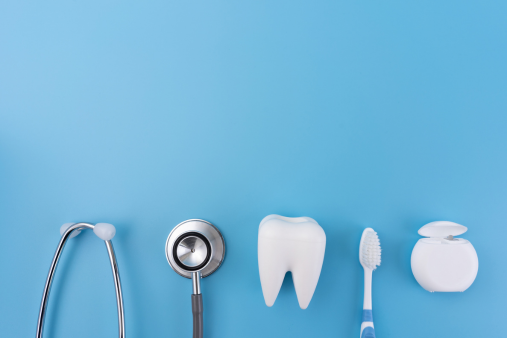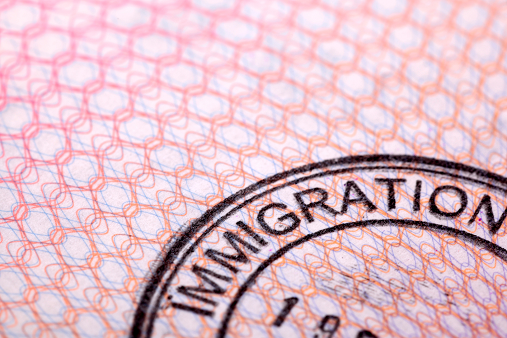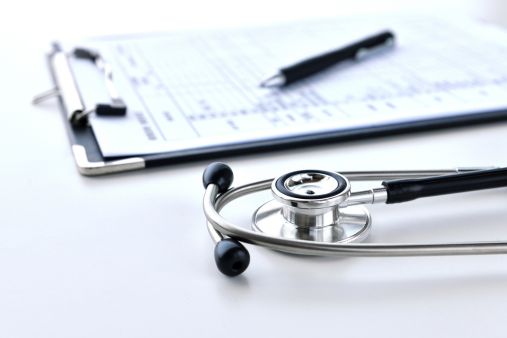The 21st Century Cures Act required the Food and Drug Administration (FDA) to publish a notice in the Federal Register – within 120 days for Class I devices and within 90 days for Class II devices – identifying devices that no longer require clearance under Section 510(k). Following a 60-day notice-and-comment period, the FDA has published the final list of Class II devices.
The Class II list includes several pages of devices from 21 CFR Part 862, which governs clinical chemistry and clinical toxicology devices. Although the list includes many devices in this category, part of the reason for its length is that the exemption for several of the devices is limited to test systems intended for employment and insurance testing and does not include test systems intended for federal drug testing programs. Other exemptions are subject to limitations also. For example, the list includes an exemption for an endoscopic magnetic retriever, but limits the exemption to such devices that are for a single use.
The list also includes a multi-page table of Radioallergosorbent (RAST) immunological tests, which fall under 21 CFR 866.5750, for specific allergens.
Finally, the list includes at least some devices from each of the other classifications, Parts 864-892. Medical device firms will want to consider reviewing the list to determine if any of the current or proposed products are now exempt or if products for which a 510(k) application is pending are now exempt and within any limitation on the exemption.
The FDA is to update the Class I and Class II lists every five years.
The notice cautions that an exemption from the 510(k) process “does not mean that the device is exempt from any other statutory or regulatory requirements, unless such exemption is explicitly provided by order or regulation.” The FDA states that its initial determination that premarket notification is unnecessary to provide a reasonable assurance of safety and effectiveness for devices listed in the notice is based, in part, on the assurance of safety and effectiveness that other regulatory controls, such as current good manufacturing practice requirements, provide.
For more information, please contact the Barnes & Thornburg LLP attorney with whom you work or one of the following attorneys in the firm’s Food, Drug & Device Group: Lynn Tyler at (317) 231-7392 or lynn.tyler@btlaw.com; or Alicia Raines Barrs at (317) 231-7398 or Alicia.rainesbarrs@btlaw.com.
Visit us online at www.btlaw.com/food-drug-and-device-law-practices.
© 2017 Barnes & Thornburg LLP. All Rights Reserved. This page, and all information on it, is proprietary and the property of Barnes & Thornburg LLP. It may not be reproduced, in any form, without the express written consent of Barnes & Thornburg LLP.
This Barnes & Thornburg LLP publication should not be construed as legal advice or legal opinion on any specific facts or circumstances. The contents are intended for general informational purposes only, and you are urged to consult your own lawyer on any specific legal questions you may have concerning your situation.
Visit us online at www.btlaw.com and follow us on Twitter @BTLawNews.












/Passle/6488d4630e7e25c9ac9f834a/SearchServiceImages/2024-12-20-17-37-23-553-6765ab535670374036940848.jpg)
